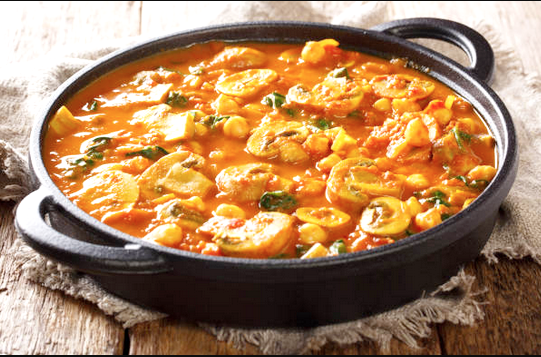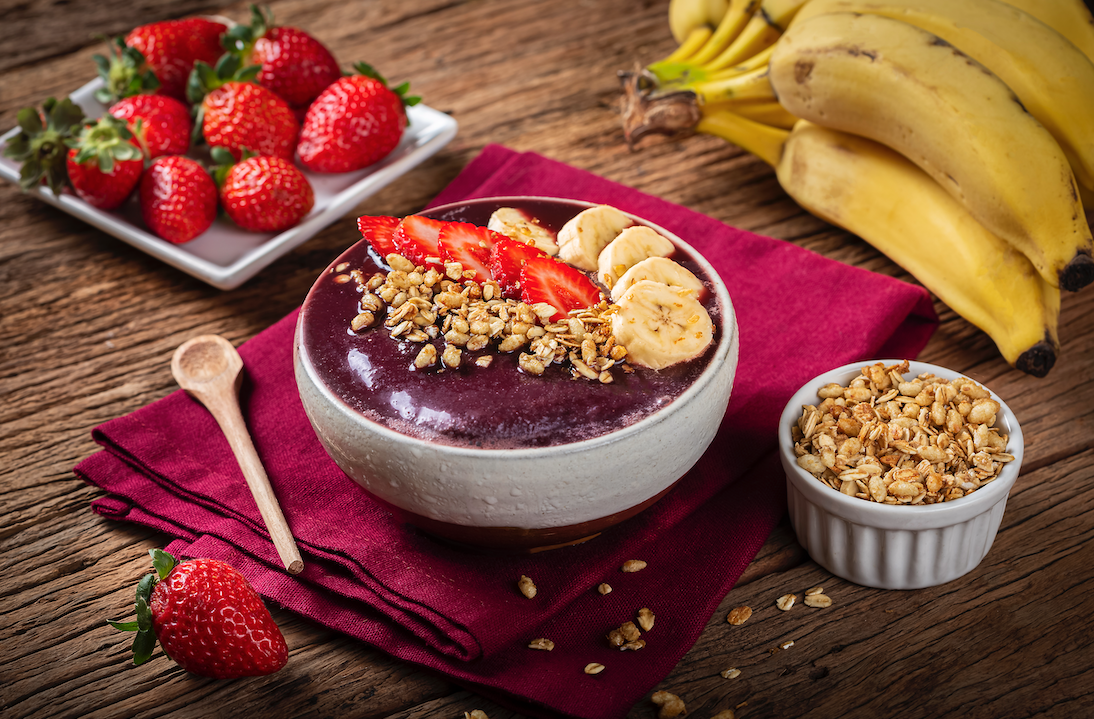
Grapefruit
Grapefruit is low in calories and provides a significant amount of fiber, vitamins, minerals, and antioxidants.
Usage
Helps with Weight Management
Fiber-packed grapefruit can help with weight management.
Boosts Immune System
Grapefruit is loaded with vitamin C, which helps to boost immune system.

Ancient Herbal Therapy
In Ayurvedic medicine, grapefruit is thought to increase pitta energy, and pacify kapha. Inhaling grapefruit, essential oil is said to stimulate the heart, solar plexus, and third eye chakras. It helps to cleanse the mind and the aura and stimulates confidence, intelligence, and creativity. According to Ayurveda, grapefruit essential oil can boost energy and improve mental strength, and help to burn fat.
In Traditional Chinese Medicine, grapefruit is classified as a sour food. Sour foods are thought to be astringent, cooling, and to help generate yin. Sour flavours are associated with the liver and spirit and are thought to help digestion in small amounts.
How to add grapefruit to your diet?
Fresh or Juice
In-season, ripe grapefruit are almost as sweet as oranges.
Supplement
The extract comes in the form of a liquid extract, capsule, and powder.
When the grapefruit was first described, it was called “the forbidden fruit”, in reference to the original fruit tree that tempted Eve in the Garden of Eden.
The grapefruit is originally from Barbados.
Grapefruits are the only citrus fruit that originated in the Americas.
It is the first citrus variety to receive a patent – U.S. Plant Patent No. 53.
About
Grapefruit (Citrus paradisi) is a hybrid, probably originating from a natural cross-hybridization between pomelo and sweet orange. Grapefruit fruits can generally be divided into two groups, depending on the absence or presence of lycopene in the fruit flesh: white and pigmented (red/pink) varieties.
The demand for grapefruit was helped by the “Grapefruit Diet”, also known as the “Hollywood Diet”, which became popular in the 1930s, and has gone in and out of fashion ever since.
Composition
The grapefruit is characterized by distinct bitterness, sourness, and astringency aroma as well as high levels of flavonoids, limonoids, carotenoids, minerals, and aromatic content. Global grapefruit production was reported as 9 million metric tonnes for 2017/18, accounting for 6.2% of total citrus production (approximately 146 million metric tonnes). The cold-pressing technique, accepted as a green extraction technique, is widely used to extract oil from citrus by-products obtained from citrus processing. Cold-pressed grapefruit oil has a remarkably bitter and astringent taste/flavor similar to that of grapefruit and is rich in nutritional and bioactive compounds. Various techniques, such as refining process, debittering enzyme treatment, and adsorbent applications, have been advised to remove the undesirable taste.
Science
Clinical studies on the protective, functional effects, and therapeutic potential of cold-pressed grapefruit oils, grapefruit seed extract, and fresh fruit have been carried out. The grapefruit seed extract is a liquid derived from the seeds and pulp of grapefruit and is also marketed as citrus seed extract. It is commercially available as a food supplement and is also used in cosmetics. Therapeutically, grapefruit seed extract has been shown to decrease the risk of coronary thrombosis and myocardial infarction. Naringenin, a flavonoid found in grapefruit seed extract, has been proven to possess anti-microbial effects and is used as a cytoprotective agent against hepatocellular damage by algal toxins. It also inhibits tumor growth and cell proliferation in breast cancer and also inhibits H. pylori activity. Studies with laboratory rats have shown that grapefruit seed extract pre-treatment prevented vegetable-glycerin-induced acute hemorrhagic pancreatitis. Additionally, the antioxidant activity of grapefruit extract is potentiated by reducing pancreatitis-induced lipid peroxidation, serum lipase, and poly-C specific ribonuclease activity, and increasing pancreatic blood flow and pancreatic DNA synthesis.
Safety
Grapefruit contains furanocoumarin substances, which block furanocoumarin enzymes that break down drugs in the stomach, so the effect of the drug can double or even triple, which can lead to drug poisoning.
The consequences of the action of grapefruit in combination with these drugs include internal bleeding, changes in heart rhythm, kidney damage, and sudden death. The degree of harmfulness of grapefruit varies. Just one serving of this fruit can act as if one has taken multiple doses of the drug at once. The interaction also occurs if one takes grapefruit a few hours before taking the medicine. Older people who use more drugs are most at risk.
Fun Facts
Grapefruit has been named one of the “Seven Wonders of Barbados”.
-
Kiani, J., & Imam, S. Z. (2007). Medicinal importance of grapefruit juice and its interaction with various drugs. Nutrition Journal, 6(1), 1-9.
Ferguson, J. J. (2002). Medicinal use of citrus. EDIS, 2002(7).



